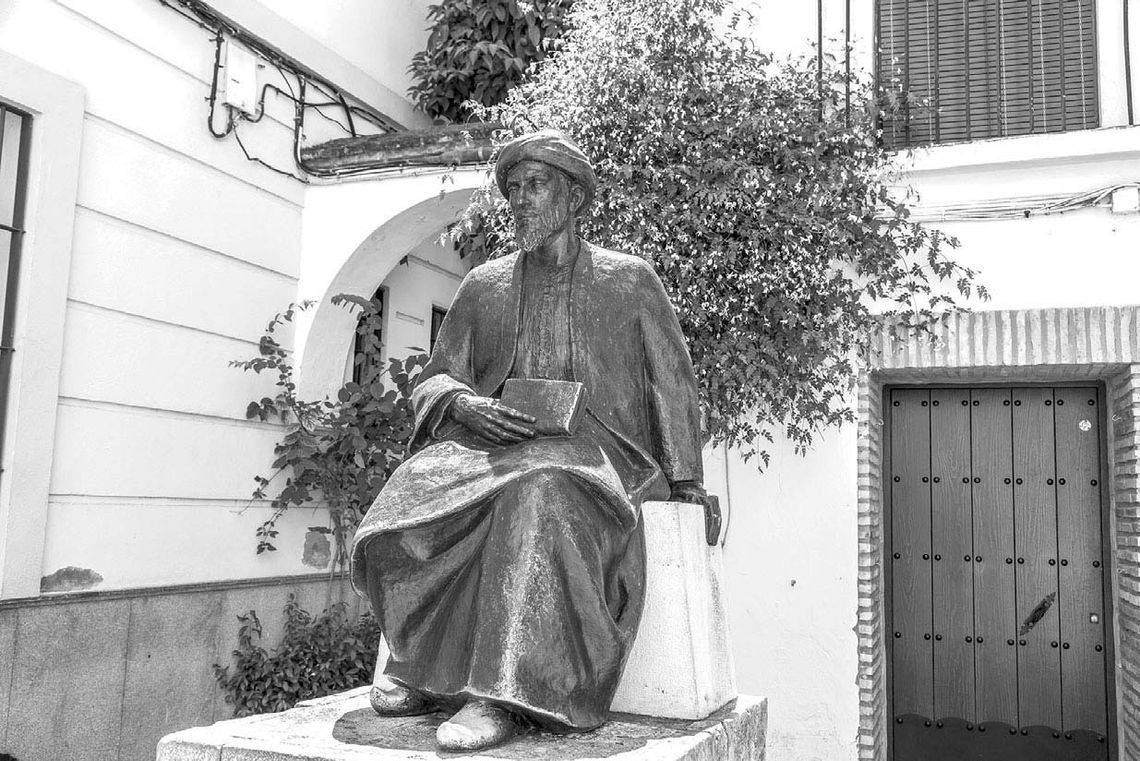DELIBERATELY DIVERSE | Frances Sorrow
Deliberately Diverse represents the viewpoints of a group of Taylor friends who rarely agree on anything but appreciate the opportunity to share and discuss our differences.
This column is by Frances Sorrow, a long-time Taylor resident. It does not reflect the opinion of the Taylor Press.
Did you try “tzedakah” at Thanksgiving? No, tzedakah isn’t the newest gourmet meat, or a new way to spice up baked, smoked or fried turkey. It is the Hebrew word most often mistranslated as “charity.”
It may surprise you to learn that the word “charity” never appears in the Hebrew Bible.
God, the Eternal One, directs us to care for the weak, the orphan, the widow and our neighbors. But this is not because it is a nice thing to do. It is because failing to do so is unjust. All the references to giving are directed toward establishing “justice,” and the nuance is social justice.
After all, God exhorts us in Deuteronomy 16:20 “Justice, justice you shall pursue.” The Hebrew word “tzedakah” comes from the root word “tzedek,” which means “justice” or “righteousness.” The word “charity” comes from the Latin “caritas” (or Christian love).
Rabbi Moshe Ben Maimon, c. 1138-1204 C.E., often called Maimonides, was so often asked about tzedakah. He wrote guidelines for eight levels, with the eighth being the highest. They are:
•One gives unwillingly.
•One gives inadequately but gladly and with a smile.
•One gives only after being asked.
•One gives to a person before being asked.
•One doesn’t know the recipient, but the recipient knows the donor.
•One knows the recipient, but the recipient doesn’t know the identity of the donor.
•Neither the donor or recipient know the other’s identity.
Communal fundraising falls in this category.
•One helps someone avoid becoming a recipient of a gift, through loans, partnerships, etc., or by helping a person find employment or job training.
That social justice is a concern of the Eternal One seems obvious, since justice is mentioned 302 times in the Hebrew Bible. It was a major concern of the prophets. Isaiah 1:17 says, “Learn to do good.
Devote yourself to good. Aid the wronged.” And that God encourages both tzedakah and what we know as charity is clear from Jeremiah 9:22-23, “Let not the rich man glory in his riches. But only in this should one glory: in his earnest devotion to Me. For I the Lord act with kindness, justice and equity in the world. For in these I delight.” And the New Testament in 1 Corinthians 13:13 states, “Now abides faith, hope, charity, these three; but the greatest of these is charity.”
As we enter the season of giving, perhaps we need to realize that helping others is not only an act of loving kindness (what the New Testament calls “charity”), but also, as the Hebrew Bible tells us, it is our duty to provide “justice” as well.
This coming Tuesday, Dec.
3, is “Give Tuesday” in Taylor.
It is an excellent opportunity for you to show both caritas (“charity”) and tzedakah (“justice”) by supporting your Taylor favorite nonprofit organization.





